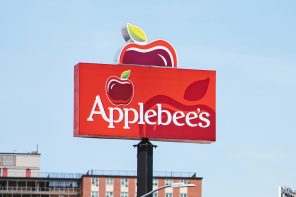Geographical indicators in the European Union could be in doubt with an impending Brexit deal meaning that UK importers would no longer be obliged to follow naming rules.
Products such as port and feta are under threat. Currently, only port that has been made in the right region of Portugal can be sold as ‘port’ within the EU, a rule which protects cultural integrity as well as shielding low-level producers from cheaper copycat products. The UK is the second largest market for port in the EU, with an annual value of over €50 million. If they are no longer beholden to the laws of the Union, importers may turn to cheaper equivalents from South Africa or Australia.
The laws have been criticised by other governments, particularly that of the United States, as amounting to a trade barrier. With the UK looking to improve trade relations with other nations following its departure from the EU, the government is yet to comment on whether or not it will continue to respect geographical indication rules.
"What we take issue with is the EU's aggressive approach to GIs, in which it uses GIs as a way to monopolize certain markets of commonly produced food categories, confiscating generic terms like parmesan and feta, even though such terms entered into generic usage generations ago," said Shawna Morris, vice president for trade policy with the US Dairy Export Council.
There are more than 3,000 items protected under EU laws, and critics are suggesting that the British government could be using these as bargaining chips to secure favourable trade deals with individual countries once the Brexit deal is complete.






